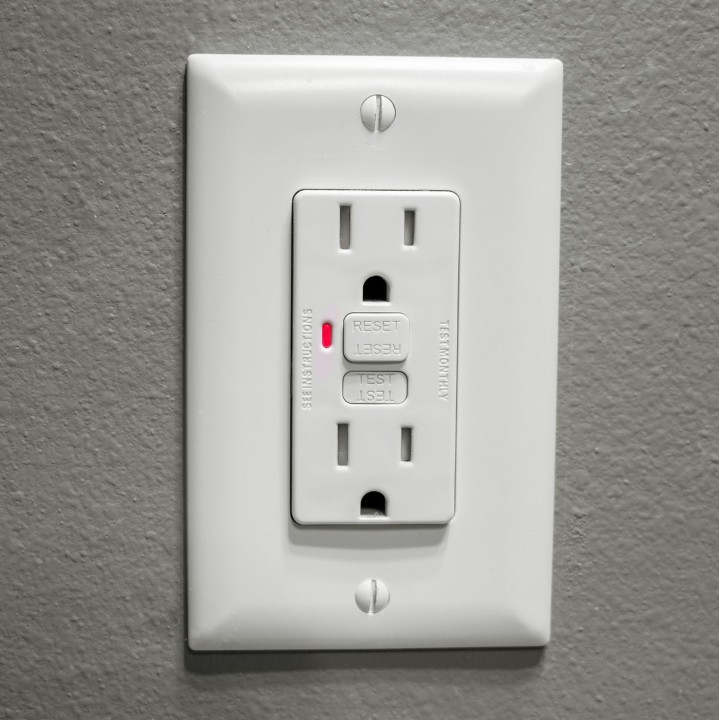
Will GFCI Work Without Ground?
A ground fault circuit interrupter outlet (GFCI outlet) is a safety feature made to cut the circuit whenever there is an imbalance between the currents going in and coming out.
Yes, a GFCI outlet can work without a ground wire. Installing GFCI outlets without a ground wire is legal, however, doing so definitely will have certain disadvantages as the circuit will offer less protection.
GFCI Outlets:
A ground fault circuit interrupter (GFCI) is a type of circuit breaker used to protect your home against electrical problems. The amount of electrical current flowing to and from your electrical products and appliances is monitored by GFCI outlets. The GFCI monitoring device will trip the electricity if it notices a current difference that is greater than five milliamperes, potentially protecting you from electrocution.
Ground Faults Are Dangerous:
Lightning strikes the ground for a reason—the earth always receives electricity because it has a negative charge whereas the surrounding ground has a positive one. The energy will rush through any source it can to reach the earth if there is a problem with the conducting connection between the conductor and the conducting recipient.
In other words, it will startle you if you're close to the ground. The purpose of GFCI outlets is to prevent this from happening, keeping you safe.
Underground GFCI Outlets Will Offer Less Protection:
For starters, even while unground GFCI outlets give you some safety (they will detect a ground fault and shut off), they won't shield your gadgets in the event of one. The best defense against broken electronics is a ground wire and surge protector.
Replacing Underground Outlets With GFCI Outlets Make Them Grounded & Safe:
It's not necessarily grounded just because you switch out an underground outlet for a GFIC outlet. However, you can add GFCI outlets to replace ungrounded outlets, making the outlet safer than it would be without one.
Installing GFCI outlets is an excellent option if you're worried about the safety of the electrical outlets in your home, especially those that are within six feet of water sources.
Underground Outlets Vs Grounded Outlets:
Ungrounded outlets are distinguished by their two-prong style and are typically seen in older residences. These outlets lack a grounding path, so electrical surges hit your electronics or body instead than the earth. They are not nearly as secure as grounded outlets as a result.
Remember that some three-prong outlets are ungroundable as well. Like a two-prong outlet, ungrounded three-prong outlets are installed using just two wires. But since the third prong, which is intended for grounding, isn't being used, the outlet poses the same safety risk as a two-prong outlet.
Installing A GFCI Outlet Without A Ground Wire:
Due to their integration into the outlet, GFCIs are reasonably simple to replace, but as with any electrical project, there is always a chance of getting shocked. Consult a professional if electrical safety isn't your strong suit. This is particularly valid if you intend to install the outlets without using a ground wire.
Because the wires in GFCI outlets are not interchangeable, it is important to know which wire goes where and to prevent connecting it to the ground terminal. It can be challenging to differentiate between the two and mark the wires appropriately if you're not an electrician. It can be done poorly and lead to a code infraction.